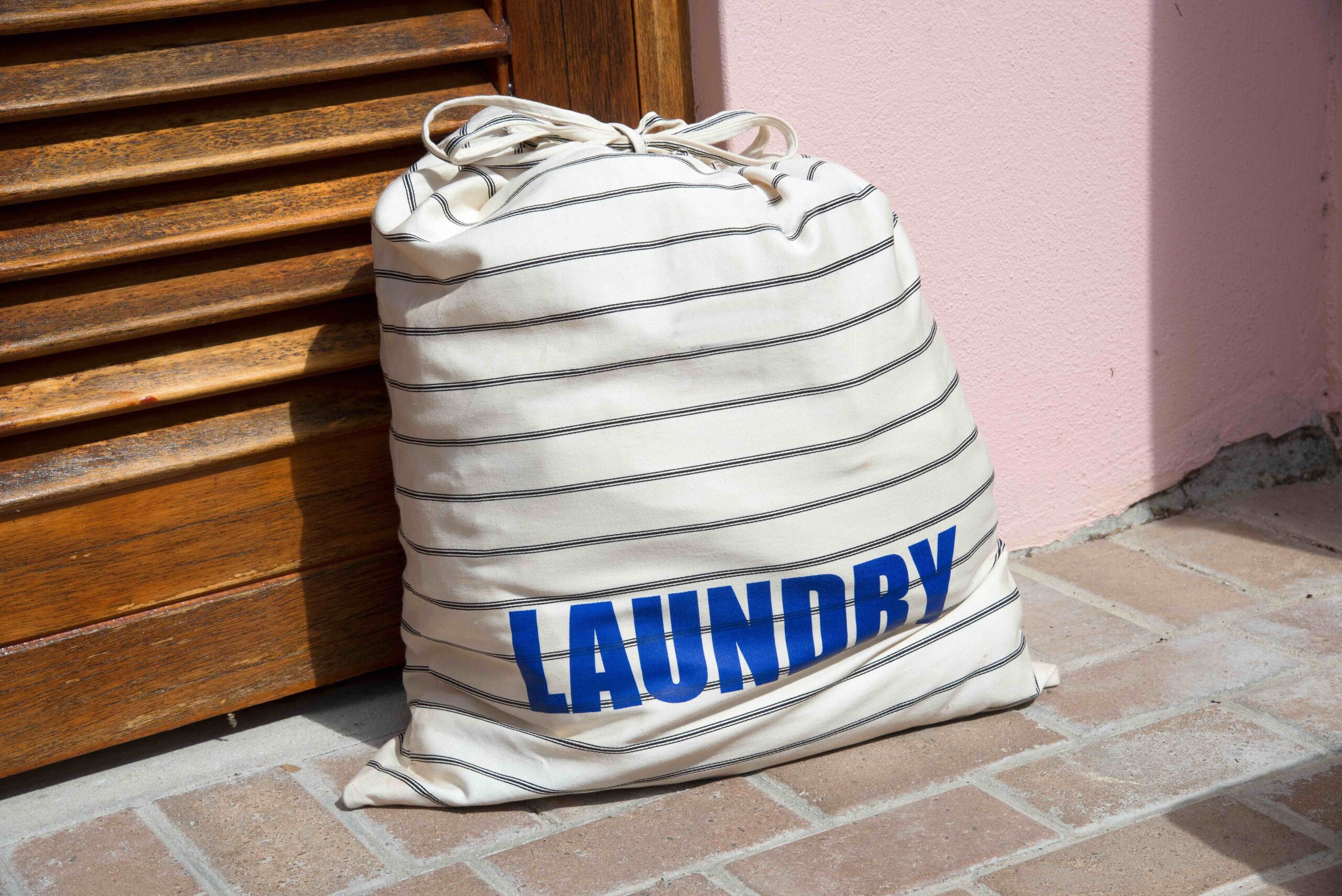INTRODUCTION
Recycling is an essential part of our collective efforts to preserve our planet for future generations. However, it can often seem complicated and overwhelming. This blog post aims to demystify the process of recycling and provide a practical guide to help you contribute to a more sustainable future.
UNDERSTANDING RECYCLING: WHY IT MATTERS
Recycling involves converting waste into reusable material. This process has profound environmental benefits. It helps reduce the amount of waste that ends up in our landfills and oceans, conserves natural resources, saves energy, and reduces greenhouse gas emissions that contribute to global climate change. Furthermore, recycling often requires less energy compared to making products from raw materials. This makes it not only an environmentally conscious choice but also an economically efficient one.
DIFFERENT TYPES OF RECYCLABLE MATERIALS
Different types of materials require different recycling processes. Here are the main categories:
Paper: This includes items like newspapers, cardboard, and magazines. These materials are usually recycled into new paper products.
Plastic: This encompasses a variety of products, from bottles to food containers. Due to the many types of plastic, some are easier to recycle than others.
Glass: Glass can be endlessly recycled with no loss in purity or quality. It’s commonly used to create new glass containers.
Metal: This category includes materials like aluminum and steel cans. These can be recycled into new metal products.
It’s important to note that not all items within these categories are recyclable, and local recycling policies may vary. It’s always a good idea to check with your local recycling center.
HOW TO SORT YOUR RECYCLING
Properly sorting your recyclables is crucial to the recycling process. Improperly sorted recycling can contaminate entire batches of materials, making them unrecyclable.
Typically, recycling is sorted into paper, plastic, glass, and metal. It’s essential to rinse containers to remove any food or drink residue. Some areas also require you to separate different types of plastic, so check your local guidelines.
One common mistake is “wish-cycling,” or tossing non-recyclable items into the recycling bin in the hope that they can be recycled. Items like plastic bags, styrofoam, and coffee cups often cannot be recycled curbside and require special disposal.
COMPOSTING: RECYCLING ORGANIC WASTE
Composting is another form of recycling that focuses on organic waste. By composting food scraps, yard waste, and certain paper products, we can create nutrient-rich soil while reducing the amount of waste sent to landfills.
Starting a compost bin at home is relatively straightforward. You’ll need a balance of greens (like vegetable scraps and coffee grounds) and browns (like leaves and newspaper) for a healthy compost pile. Remember to turn the compost pile regularly to aid decomposition and avoid meat, dairy, and diseased plants, which can cause problems.
RECYCLING ELECTRONICS: A SPECIAL CASE
Electronic waste, or e-waste, is a growing environmental problem due to rapid technology turnover. E-waste can contain harmful substances like lead and mercury, which can leach into the soil and groundwater if not properly disposed of.
Fortunately, many electronics manufacturers and retailers offer take-back programs or have instructions for safe disposal. Some communities also have e-waste collection events or facilities. Always check to see if there’s a way to recycle your old electronics before throwing them away.
REDUCING AND REUSING: THE OTHER RS
While recycling is important, it’s only one part of the waste management hierarchy. Reducing and reusing are even more effective ways to decrease waste.
Reducing involves cutting back on the amount of waste we generate. This could mean choosing products with less packaging, avoiding single-use items, or simply buying less.
Reusing means finding new uses for items instead of throwing them away. This could involve repairing broken items, donating items you no longer need, or upcycling, which is transforming waste into new, useful products.
LOCAL RECYCLING: HOW TO FIND INFORMATION
Local recycling rules can vary widely, so it’s important to know your community’s guidelines. Check your city or county’s waste management website for information on what materials are accepted for recycling, how to sort your recyclables, and any special instructions or programs.
Additionally, sites like Earth911 offer searchable databases that can help you find recycling options for various types of waste in your area. Remember, recycling correctly is essential to making the process as efficient and effective as possible.
INSPIRING CHANGE: HOW TO ENCOURAGE OTHERS TO RECYCLE
Inspiring others to recycle can multiply your positive environmental impact. Sharing your knowledge and experiences with recycling can influence your friends, family, and community to start recycling too. Here are a few ways to do it:
Lead by Example: People are more likely to recycle when they see others doing it. Make sure your recycling bin is as prominent as your trash bin.
Educate: Share facts about the environmental benefits of recycling and composting. Explain how to recycle correctly and why it matters.
Make it Easy: Set up clearly labeled recycling bins in your home or workplace. If possible, offer to take care of sorting and taking out the recycling.
Remember, change often starts small, and every bit helps.
CONCLUSION
Making sense of recycling can seem daunting at first, but with a little knowledge and effort, it becomes a simple, everyday part of sustainable living. By understanding the importance of recycling, knowing which materials to recycle, properly sorting recyclables, composting organic waste, and safely disposing of e-waste, you can make a substantial positive impact on the environment. Pairing recycling with reducing and reusing can help you achieve even greater waste reduction. Finally, by inspiring others to follow your lead, you can help spread the recycling habit and contribute to a healthier planet for future generations. Start making a difference today!






